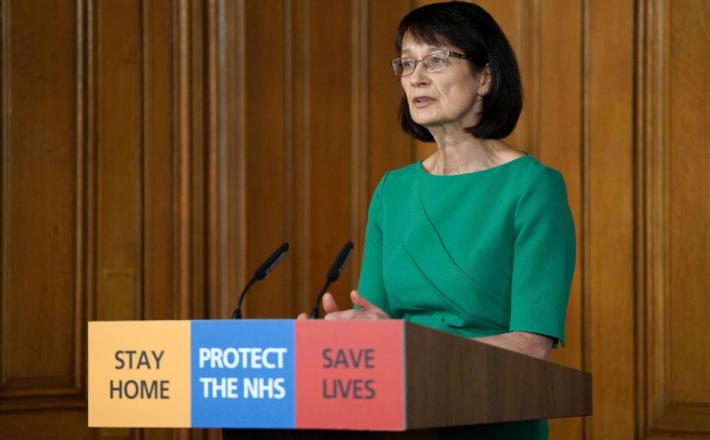The voice of women leaders is critical today more than ever
Source: Forbes
Strong leadership is recognized as a collective effort, with the best decisions drawing on cognitive diversity and success builds on success. At a time when leaders are at their most stretched, the challenge is not only to get through the current crisis, but what legacy will this leave on diversity in leadership? While some of the critical levers for gender diversity progress have stalled; such as gender pay gap reporting, we need to consider the broader backdrop for the UK in understanding changes in perceptions towards women in leadership.
The Reykjavik Index, now in its second year, covers attitudes in the G7 countries and the BRIC economies. The Index measures the level of comfort in society towards women in leadership positions across 22 different industries and public professions, including the attitudes of more than 22,000 working-age people—the Index scores countries on a scale to one hundred. A score of one hundred shows complete agreement that men and women are equally suited to leadership in all sectors. Any score below 100 indicates some degree of prejudice.
Click here to read the full article published by Forbes on 30 March 2020.

Strong leadership is recognized as a collective effort, with the best decisions drawing on cognitive diversity and success builds on success. At a time when leaders are at their most stretched, the challenge is not only to get through the current crisis, but what legacy will this leave on diversity in leadership? While some of the critical levers for gender diversity progress have stalled; such as gender pay gap reporting, we need to consider the broader backdrop for the UK in understanding changes in perceptions towards women in leadership.
The Reykjavik Index, now in its second year, covers attitudes in the G7 countries and the BRIC economies. The Index measures the level of comfort in society towards women in leadership positions across 22 different industries and public professions, including the attitudes of more than 22,000 working-age people—the Index scores countries on a scale to one hundred. A score of one hundred shows complete agreement that men and women are equally suited to leadership in all sectors. Any score below 100 indicates some degree of prejudice.
Click here to read the full article published by Forbes on 30 March 2020.